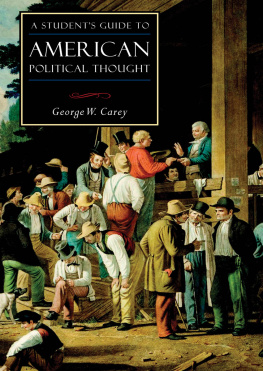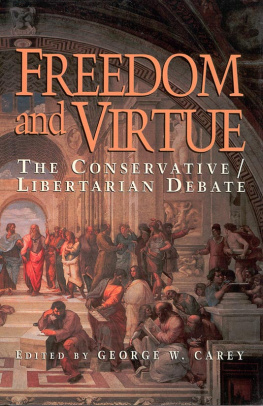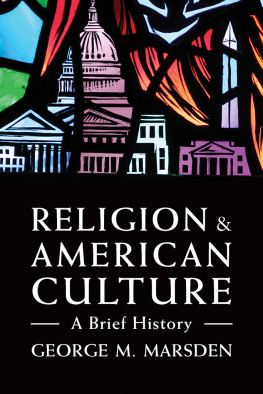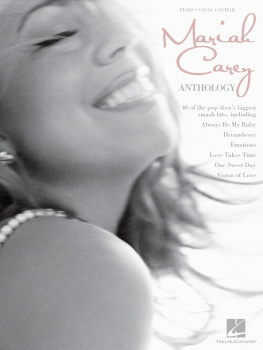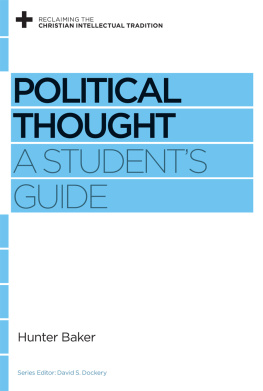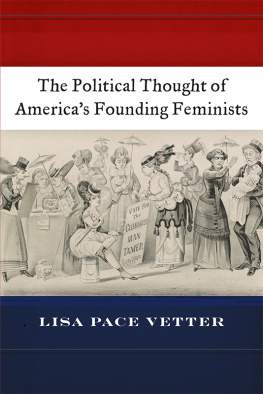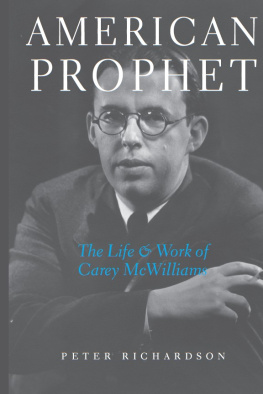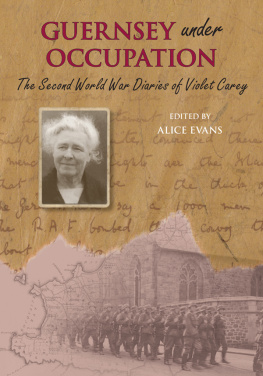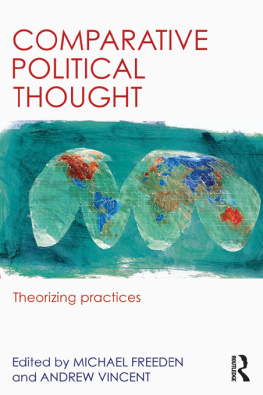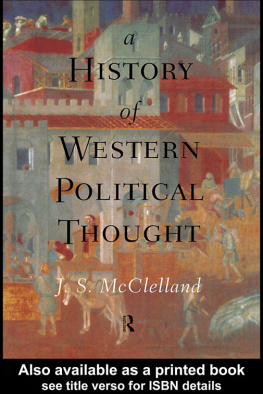EARLY BIRD BOOKS
FRESH EBOOK DEALS, DELIVERED DAILY
LOVE TO READ ?
LOVE GREAT SALES ?
GET FANTASTIC DEALS ON BESTSELLING EBOOKS
DELIVERED TO YOUR INBOX EVERY DAY!
THE PRESTON A. WELLS JR. GUIDES TO THE MAJOR DISCIPLINES
GENERAL EDITOR
JEFFREY O. NELSON
EDITOR
JEREMY BEER
PHILOSOPHY Ralph M. McInerny
LITERATURE R. V. Young
LIBERAL LEARNING James V. Schall, S.J.
THE STUDY OF HISTORY John Lukacs
THE CORE CURRICULUM Mark C. Henrie
U.S. HISTORY Wilfred M. McClay
ECONOMICS Paul Heyne
POLITICAL PHILOSOPHY Harvey C. Mansfield
PSYCHOLOGY Daniel N. Robinson
CLASSICS Bruce S. Thornton
AMERICAN POLITICAL THOUGHT George W. Carey
RELIGIOUS STUDIES D. G. Hart

INTRODUCTION
WHAT IS AMERICAN POLITICAL THEORY? There is no universal agreement about what constitutes politics or the political, as the efforts to define the boundaries of political science over the decades will attest. Yet, at a minimum, political theory clearly is concerned with core questions relating to government and how authoritative decisions are made in a society. Among these questions are: On what principles is the government based? How is authority allocated within it? What are its primary purposes? Are there limitations to its powers? How can it be altered? And upon what assumptions regarding human nature does it seem to be based?
Viewed from this perspective, the American experience provides a rich source of theory in many particulars. Most of the early charters left the colonists free to use their own best ideas in establishing political order, the terms of which were spelled out in written documents. Moreover, during the long period of Englands benign neglect, which extended into the middle of the eighteenth century, the colonists grew accustomed to refining their processes and institutions of government. Thus, we have numerous documents relating directly to core concerns of governance that reveal a good deal about the American political thought of the pre-founding period. To these, of course, must be added those ordering documents of the founding era with which we are far more familiar: the state constitutions, the Articles of Confederation, and, most importantly, the Constitution itself. Indeed, after the adoption of the Constitution, American political thought concentrates to a great extent on issues arising from its interpretation.
It is frequently remarked that times of crisis or disorder produce political theory, if only because such times compel hard thinking about the failings of the old order and the goals of the new. This is certainly true with regard to American political theory. The movement toward separation from Great Britain that culminated with the Declaration of Independence provides us with insights into certain enduring principles of American political thought. Likewise, conditions during the critical period under the Articles of Confederation that led to the Philadelphia Convention also generated a good deal of political thinking about the requisites for effective government over an extensive territory. The records we have of the deliberations of the Constitutional Convention, the subsequent debates in the ratifying conventions, as well as the printed essays on both sides of the ratification question (particularly, The Federalist) are all core materials for students of American political theory. So too are the major speeches, debates, and works concerning our basic commitments as a people and the nature of our constitutional system that preceded and followed the Civil War.
The scope of American political theory also embraces a myriad of other sources, the criterion for inclusion being a broad one, namely, to what extent they bear upon the central questions involved with governance. This would certainly include public addresses and private correspondence of presidents, major public officials, prominent citizens, and the like; public and official documents, particularly those that proclaim national ideals, goals, or commitments; debates and literature dealing with perennial problems or competing conceptions of constitutional principles; commentaries on the Constitution; pronouncements of the Supreme Court on matters of constitutional doctrine; disputes over the proper role of government; the deliberations of Congress on constitutional issues; and, inter alia, suggested reforms of the constitutional system. All this and more constitute the raw materials of the field of American political theory.
Surveying the materials that fit within its parameters reveals the extent to which American political theory is tied to history. The field is by no means the exclusive domain of political scientists, though historians usually approach the same subject matter differently. In any event, what is apparent in most cases is that the materials do not speak for themselves; to appreciate their significance fully often requires an understanding of their context. Some of the most important provisions and principles of the Constitution, to take an obvious example, cannot be fully understood without an understanding of the political situation under the Articles of Confederation. Nor can one fully comprehend the Mayflower Compact without knowing about the experiences of the Puritans and their theological roots. Indeed, such contextual knowledge is essential for a comprehensive understanding of the political theory embedded in all of the primary documents, that is, those that are regarded as central to American political thought.
A field so closely tied to history is, understandably, also closely tied to what is called the American political tradition. Put another way, most of the documents at the center of American political theoryand the values, concerns, and preferences they embodyemerge out of the experiences and circumstances of the American people at different times and places. As such, these documents are integral to the American political tradition; they constitute its essence. Consequently, American political theory is in many ways a study of the American political tradition; the two terms are often used interchangeably, and appropriately so. In an important sense, then, a good deal of American political theory is abstracted from the political activities and experiences of Americans.
The upshot of this is that a course in American political theory will probably differ substantially from most other courses offered in the more general field of political theory that deal, chronologically or otherwise, with major theoretical works. One reason for this differenceand perhaps even for the manner in which American theory is tied to our traditionmight well be the dearth of first-rate political treatises produced by Americans. Indeed, it is generally agreed that only one such work merits being called a classic, namely,







